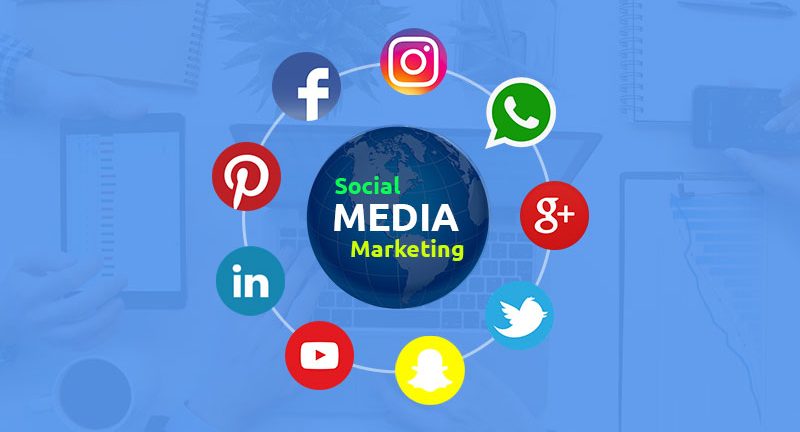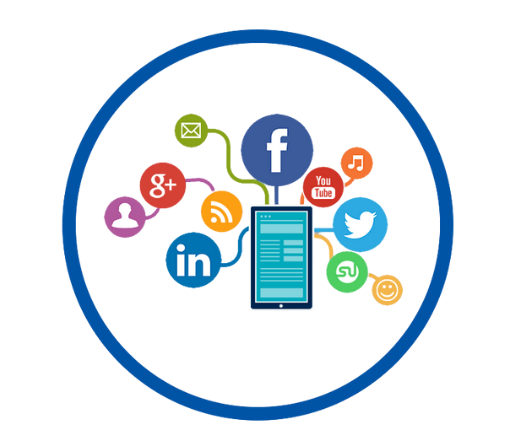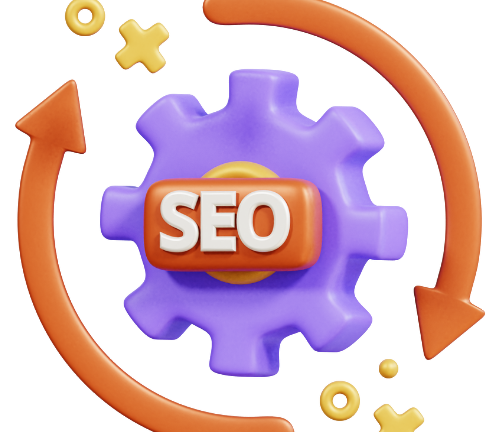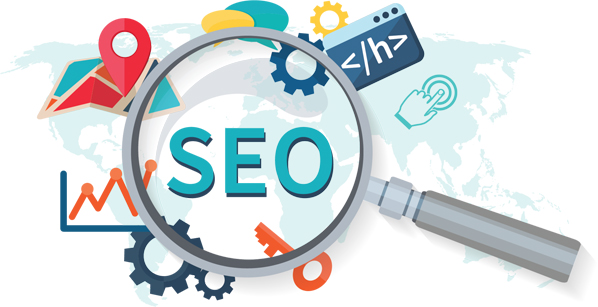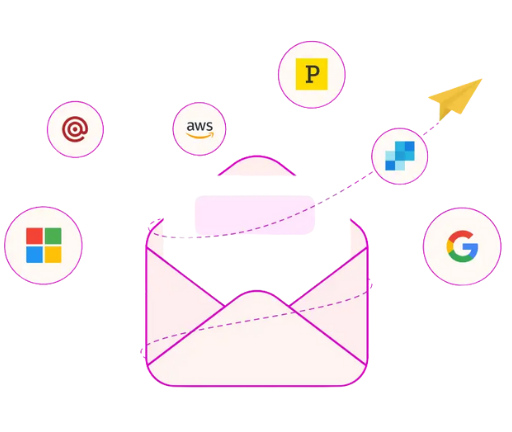Insurance Email Marketing Best Practices: What Works Today
Email marketing is one of the most effective ways to engage customers and drive conversions, and it’s especially valuable in industries like insurance. However, with so many opportunities available, it can be challenging to know where to start. That’s where smart email marketing strategies come in. In this post, we’ll break down what makes email marketing for insurance companies unique and share actionable tips to help you optimize your insurance email marketing campaigns. These insights will help you build stronger connections with your customers and improve your results. Why is insurance email marketing important? Email marketing for insurance agencies is crucial because it lets them build trust, stay connected with customers, and drive conversions in a highly competitive and relationship-driven industry. Let’s take a closer look at the key reasons why it matters so much: As you can see, insurance email marketing is a vital communication channel that helps you stay in touch with your customer base, build trust, and foster long-term engagement. Ultimately, this can lead to increased customer loyalty and revenue. Types of insurance newsletters With plenty of reasons to incorporate insurance email marketing into your communication strategy, it’s also helpful to know the most common types of emails you can send. Each type serves a unique purpose, audience, or product. Let’s explore several categories to help you understand your options and choose the right mix for your strategy. Educational newsletters Depending on your area of focus in the insurance industry, there are many valuable topics you can share with your mailing list. The goal is to build trust and position your brand as a helpful resource by making complex insurance topics more accessible and easier to understand. A good starting point is to identify the most common questions your clients ask and address them through insurance newsletters. Examples include explaining the difference between deductibles and premiums, when and why to update a policy, or breaking down what umbrella insurance covers. Promotional newsletters Like in any other industry, targeted promotional emails are a powerful tool for cross-selling, upselling, and bundling your services. Email marketing for insurance agencies also allows you to announce new products or limited-time offers directly to your clients. Content ideas for promotional insurance emails may include limited-time discounts on auto or home policies, bundled insurance packages, and new product announcements. Highlighting these offers helps clients save money, simplify coverage, and find solutions tailored to their needs. Policy update newsletters Updates and changes to existing products and offerings are of utmost importance, and it’s essential to communicate them clearly to avoid confusion or frustration. Insurance email marketing helps keep your clients informed about changes that may affect their coverage. Several scenarios fall into this category. For example, new laws or regulations, updates to policy terms or benefits, price increases, and renewal reminders with clear next steps. Risk management newsletters While similar to educational content, these emails are typically more targeted. You can segment your audience and send practical advice related to claims and risk prevention, based on the products they have, the time of year, or other relevant factors. Topics for such insurance emails might include tips on what to do after a car accident, how to reduce home fire risks, or how to prepare for storm season. The main goal of this type of insurance email is to help customers reduce risk and feel more confident navigating the claims process. Seasonal or event-based newsletters Seasonal insurance emails help you stay timely and relevant. Certain types of insurance, such as travel coverage, might not always be top of mind. However, during peak seasons, your reminder can be exactly what your clients need, so it’s essential to keep your clients informed of this offering and provide direct links to a page with more information on how to obtain it. Seasonal or event-based newsletters can cover topics such as a back-to-school insurance checklist, holiday travel coverage, end-of-year policy review reminders, and other relevant issues. B2B newsletters If you work with corporate clients, email marketing for insurance companies offers a great way to deliver value through dedicated B2B newsletters. These emails let you highlight your value proposition by sharing informative articles or exclusive tips on securing the best coverage. Depending on your product line, topics could include workplace liability coverage, employee benefits updates, or cybersecurity insurance trends. This helps you stay relevant while demonstrating how your services support business goals. Client onboarding newsletters Starting with a new insurance provider can feel overwhelming for customers. That’s why a thoughtful onboarding email series can make a big difference. These newsletters help new clients understand what to expect and how to get the most from your services. Content ideas include a welcome message, instructions for accessing a client portal, tips for filing a claim, and an introduction to their dedicated agent. A smooth onboarding process sets the tone for a positive long-term relationship. Thank you newsletters As in any industry, thank-you emails can strengthen client loyalty. When tied to anniversaries or milestones, they offer a thoughtful way to show appreciation and acknowledge your clients’ continued support. In insurance email marketing, this could include a personalized message, a year-in-review summary, or a small reward, such as a discount on future services. These gestures go a long way in building stronger relationships. How to effectively use email marketing for insurance agencies Using email marketing for insurance companies requires a combination of strategic planning, personalized communication, and automation. In this section, we’ll cover several practical tips across key areas that you can start using right away. Grow a quality mailing list Before launching any campaign, start by building a small but high-quality mailing list. If you’re unsure how to get potential clients to subscribe to your insurance newsletter, try these proven methods. Consider offering a lead magnet — something useful in exchange for a client’s email address. For example, create downloadable freebies like “10 Things to Know Before Choosing Life Insurance” or a “Home Insurance Checklist.” You can also create interactive quizzes, such as “What Type of Insurance Do You Really Need?” Simply ask visitors to enter their email




